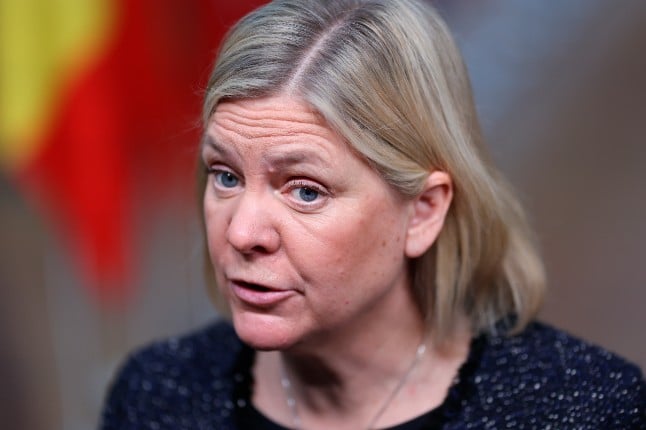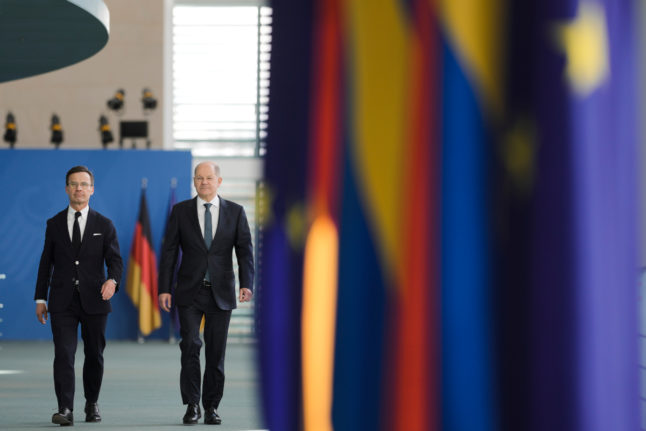“The European security order is non-negotiable,” she said in a press statement. “In Sweden, it is we ourselves who get to decide on our foreign and security policy and who we choose to cooperate with.”
On December 17th, Russia published a draft treaty with the US which included a list of security demands, including that the US should “undertake to prevent further eastward expansion of the North Atlantic Treaty Organization”.
If the US were to accept this when President Joe Biden meets President Vladimir Putin on January 10th in Geneva, or at the Nato-Russia summit in Brussels on the 13th, it would bar Sweden and Finland, both of whom are non-aligned, from joining the alliance.
Andersson’s response came six days after those of Finland’s president Sauli Niinistö and the country’s prime minister, Sanna Marin, who both asserted Finland’s right to retain the “Nato option” in their New Year addresses.
Ulf Kristersson, leader of Sweden’s centre-right Moderate Party opposition, on Tuesday called for the Swedish government to follow suit and assert Sweden’s right to decide its own alliances.
Defence minister Peter Hultqvist stated before Christmas that the Russian demand was “totally unacceptable”, but he also stressed that Sweden had no plans to join the alliance “either now or in the future”, which drew criticism from right-wing parties.
READ ALSO: Is Russia pushing Sweden towards Nato membership?
On Thursday, Andersson held calls with both Niinistö and Nato’s Secretary-General, Jens Stoltenburg, in which she discussed the threat of Russia’s military build-up on its border with Ukraine. Russia now has about 100,000 troops waiting at the Ukrainian border.
Sweden’s foreign minister Ann Linde arrived in the US on Wednesday night for three days of talks with top US officials on the security situation and on climate change.



 Please whitelist us to continue reading.
Please whitelist us to continue reading.
Member comments